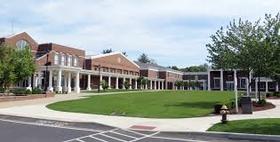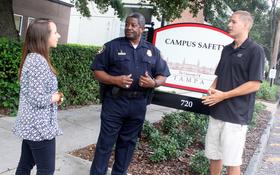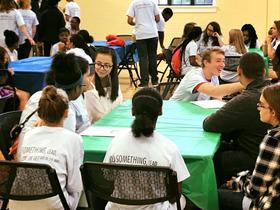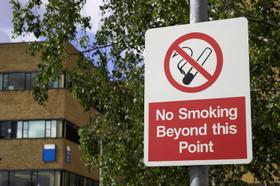Introduction
In 2025, mental health and student wellness have become central pillars of success at community colleges across the United States. As students navigate academic pressures, employment demands, and life transitions, institutions are stepping up to provide more comprehensive support. This article explores how community colleges are leading the way in mental health and student wellness, highlighting programs, trends, and actionable steps for parents, students, and educators.
Why Mental Health and Wellness Matter at Community Colleges
Community colleges serve a broad and diverse student population: first-generation students, working adults, caregivers, veterans, and those juggling multiple responsibilities. Because of their unique mission, these institutions must address not only academic needs, but also mental health and wellness in holistic ways. Some key realities:
Many students attend part-time, work while enrolled, and face financial or caregiving burdens.
Research indicates rising levels of anxiety, depression, and stress in college populations nationwide.
When mental health challenges go unaddressed, they can lead to reduced retention, lower academic performance, and higher dropout rates.
By prioritizing mental health and wellness, community colleges can improve persistence, equity, and completion rates.
Key Features of Leading Programs
Below are hallmarks of strong mental health and student wellness efforts at community colleges:
Multi-modal support: On-campus counseling, tele-health options, peer support groups.
Prevention and early intervention: Workshops on stress





























